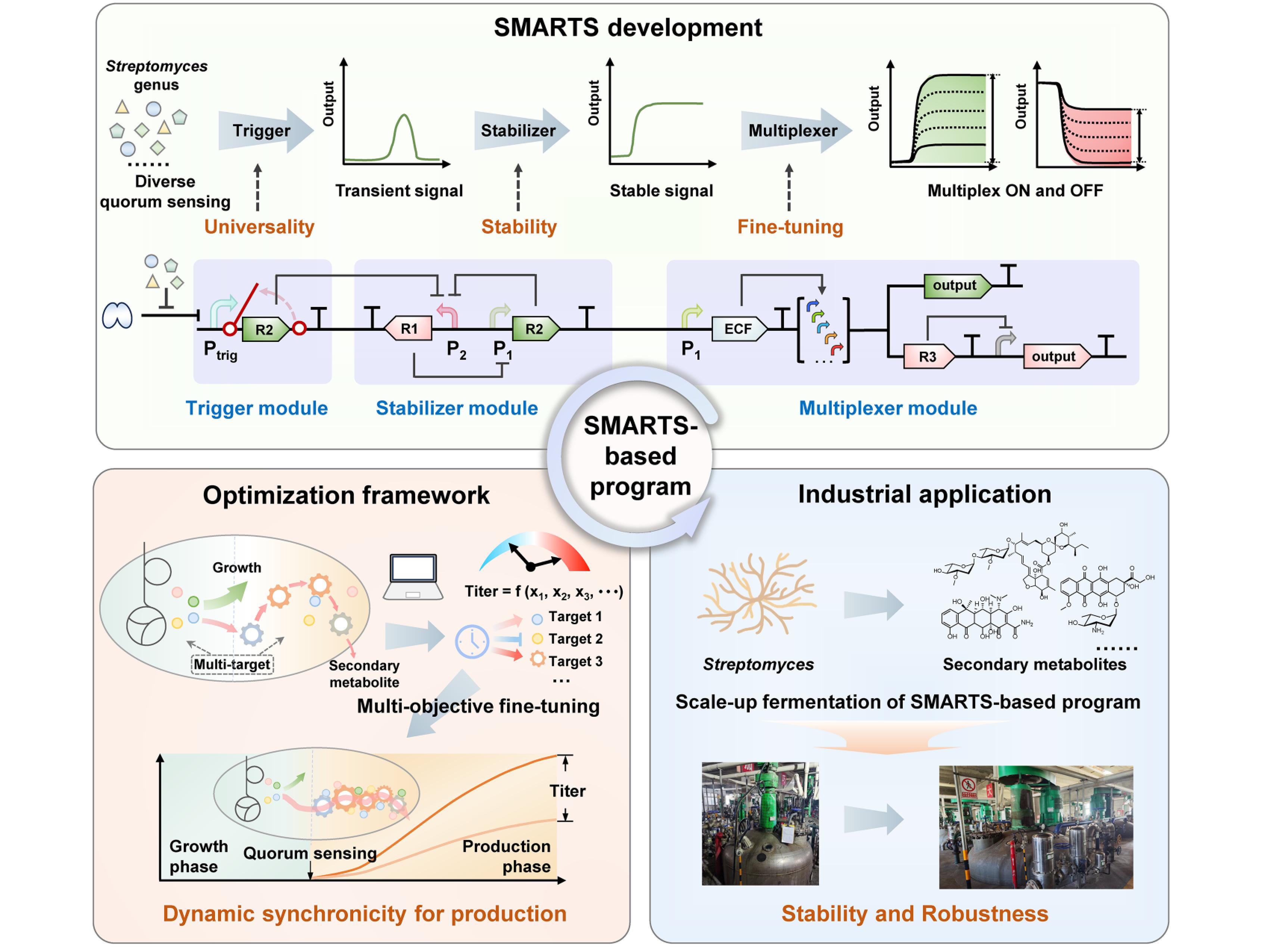
A team of Chinese researchers has announced a breakthrough in the fight against nematode diseases, which cause annual agricultural losses estimated at 80 billion yuan in China. The researchers have successfully developed Baiweimectin, a derivative of avermectin B2a, as a highly specific biopesticide with superior nematicidal activity.
The study, published in Nature Biotechnologyon August 15, was conducted by researchers from the Institute of Microbiology of the Chinese Academy of Sciences, in collaboration with the East China University of Science and Technology, the Institute of Plant Protection of the Chinese Academy of Agricultural Sciences, and Hebei Xingbai Pharmaceutical Co., Ltd.
According to the researchers, they have engineered the first microbial strain capable of specifically producing high-purity Baiweimectin, achieving a fermentation yield of 8.4 g/L.
Central to the advance was the creation of a Streptomyces Multiplexed Artificial System (SMARTS), a plug-and-play platform that dynamically synchronizes cellular regulation across different Streptomyces species. By responding to species-specific quorum sensing and simultaneously reprogramming multiple metabolic targets, SMARTS enables the combinational optimization of secondary metabolite production.
Using this framework, the researchers engineered unprecedented high-yield strains, scaling up Baiweimectin production to a 120-m³ industrial-scale fermentation level. This work not only provides a sustainable solution for nematode management but also establishes a versatile platform for developing other secondary metabolite-based pharmaceuticals.

Overview of the dynamic synchronicity paradigm for biomanufacturing (Image by Prof. WANG Weishan's group)

86-10-68597521 (day)
86-10-68597289 (night)

52 Sanlihe Rd., Xicheng District,
Beijing, China (100864)

